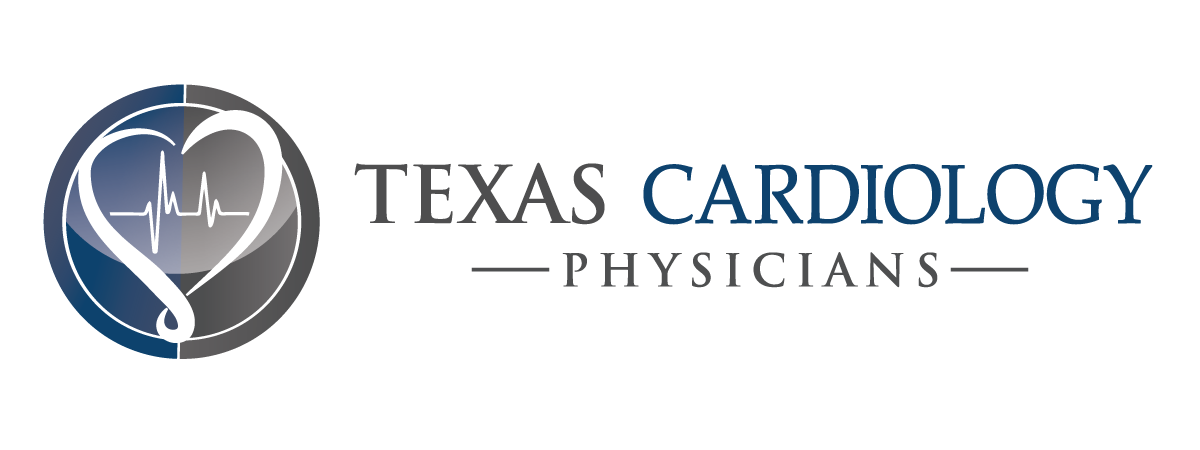Frequently Asked Questions
Here are some quick answers to help you out. Feel free to contact us anyways.
Here are some quick answers to help you out. Feel free to contact us anyways.
Regular electrocardiograms (ECGs or EKGs) let your doctor look at your heart’s activity at one point in time during your ECG test. But abnormal heart rhythms and cardiac symptoms may come and go. That’s why your doctor may want to evaluate your heartbeat over time while you go about your normal activities.
CRT is a clinically proven treatment option for some individuals with heart failure. A CRT device sends small electrical impulses to both lower chambers of the heart to help them beat together in a more synchronized pattern. This may improve the heart’s ability to pump blood and oxygen to your body.
During an EP study, your doctor inserts small, thin wire electrodes into a vein in the groin (or neck, in some cases). The doctor will then thread the wire electrodes through the vein and into the heart. To do this, the doctor uses a special type of X-ray “movie,” called fluoroscopy.
Echocardiogram assesses the overall function of your heart. Determine the presence of many types of heart disease, such as valve disease, myocardial disease, pericardial disease, infective endocarditis, cardiac masses, and congenital heart disease Follow the progress of valve disease over time Evaluate the effectiveness of your medical or surgical treatments.
Wearing a Holter monitor has no risks and causes no pain. Holter monitors have wires that connect to small discs (electrodes) attached to your chest to record the electrocardiogram. Because the electrodes are attached with tape or adhesives, they may cause mild skin irritation. Tell the technician if you are allergic to any tapes or adhesives.
